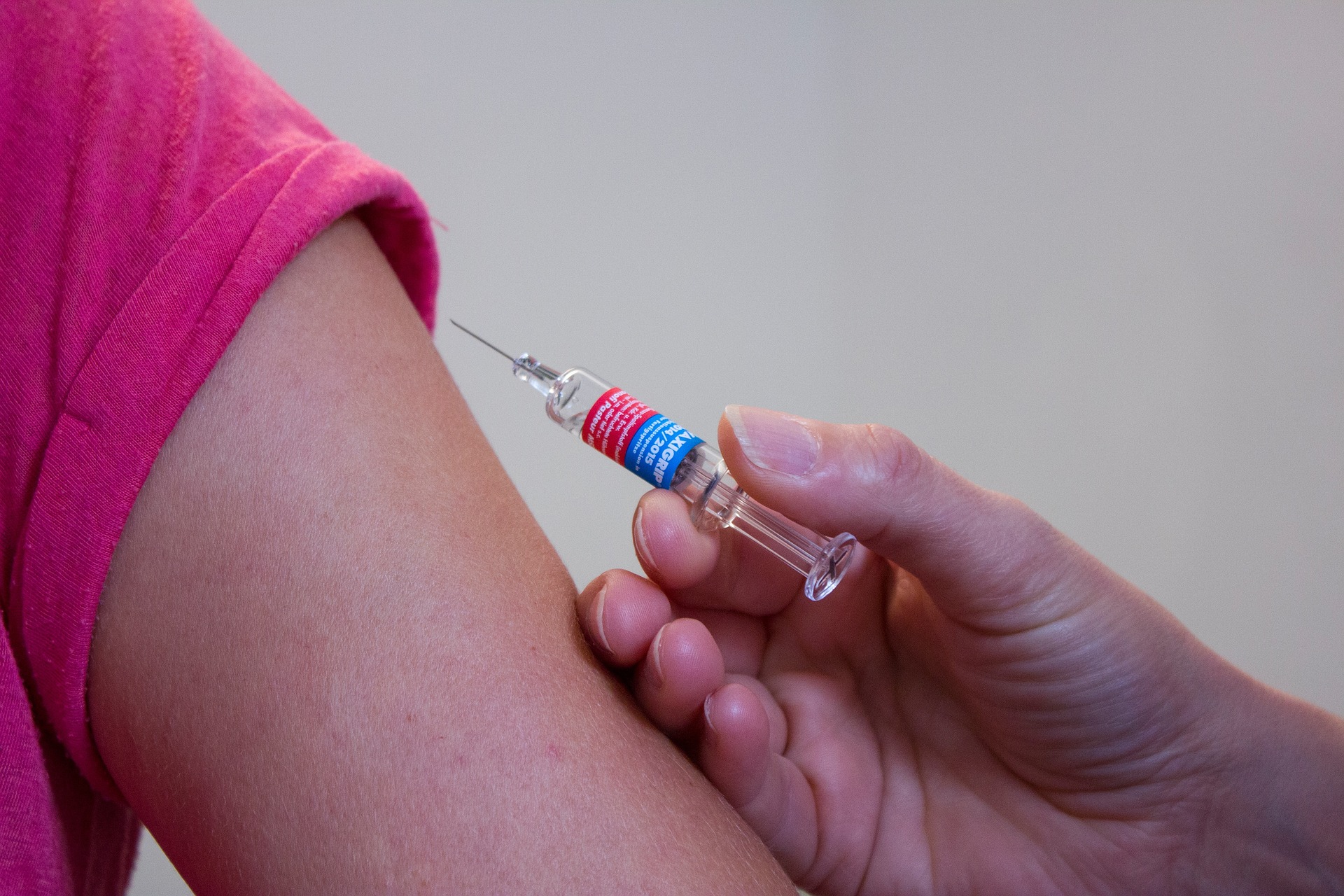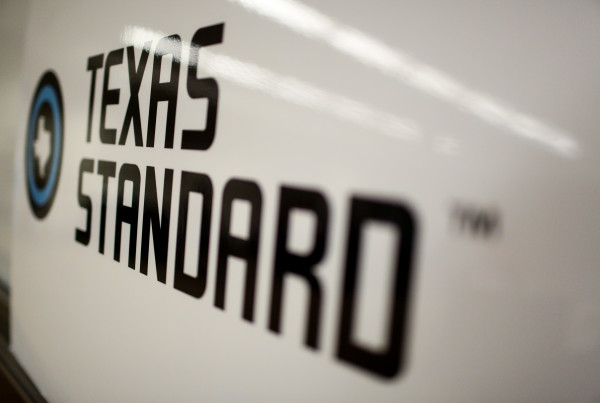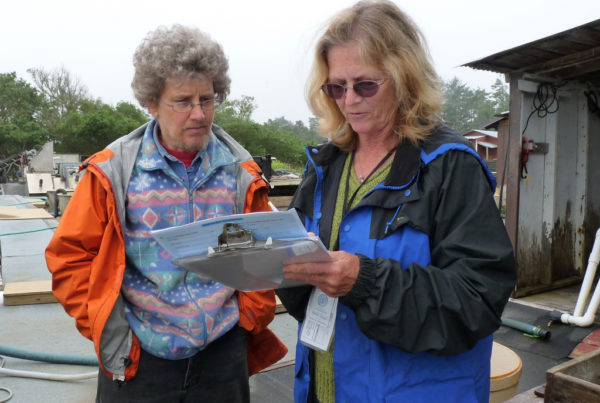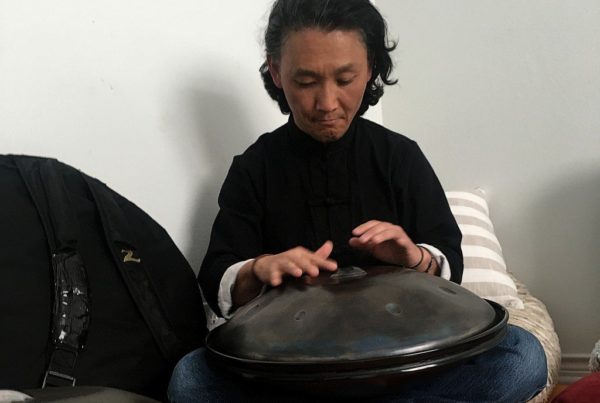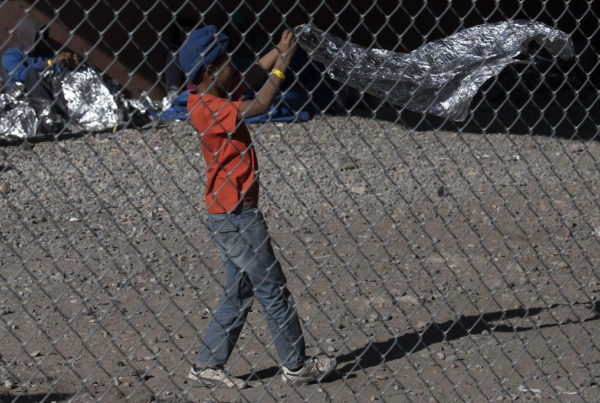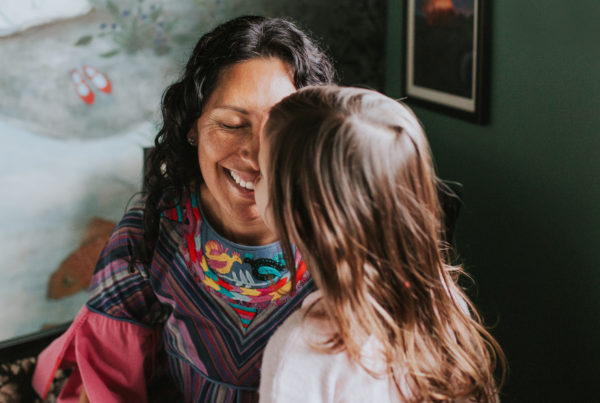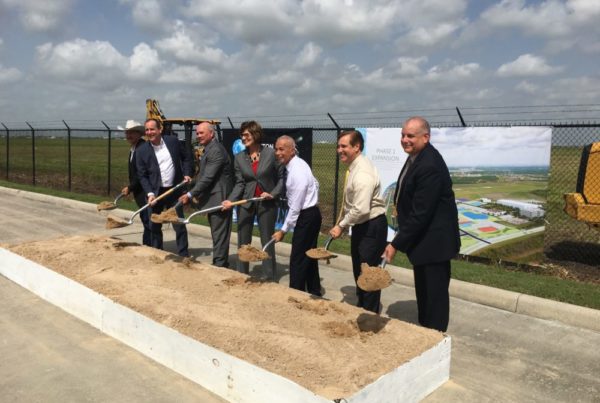Researchers say antibodies in cows could be used to prevent or treat HIV, and maybe even breast cancer.
Dr. Mike Criscitiello is professor and assistant dean for research and graduate studies at Texas A&M University’s College of Veterinary Medicine and Biomedical Sciences. He says a wide variety of antibodies are present in our immune systems, and many of them are used in vaccines. He says cows have them, too – some of which resemble those of humans.
“They have a special subset of antibodies that … had a long projection in a particular part of the protein that likes to interact with the antigen,” Criscitiello says.
Antigens are things like bacteria and viruses that provoke an immune response from the body.
Texas A&M researchers, working with scientists from the Applied Biomedical Science Institute in California, determined what the cow antibodies looked like and the genetic attributes that allow cows to make those antibodies.
“What was surprising was not just that they made antibodies to the normal viral protein that’s the dominant target on HIV, but they made them really fast, and they made antibodies that were able to recognize and neutralize [the HIV virus],” Criscitiello says.
Criscitiello says it was surprising to him how quickly researchers were able to translate what they had learned about cow antibodies into possible solutions to human disease, including HIV, breast cancer and more.
“Basically, your laundry list of whatever you wish you had a good vaccine for,” Criscitiello says. “We’re going back and looking and seeing if there was a reach problem – if there was something that might have been there that we just couldn’t get the normal structure of a typical antibody to bind.”
Written by Shelly Brisbin.


